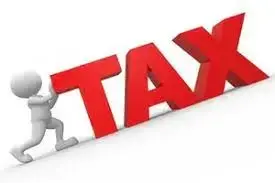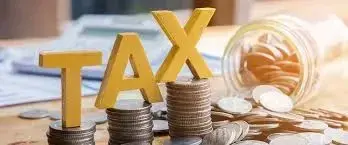At a time when the cost of living is rising faster than wages, and basic needs like food, housing, and electricity are turning into luxuries, R. R. Pandayan Saheb, National President of Bhim Sena, has raised a powerful voice against what he calls “tax terror on the poor.”
According to Pandayan Saheb, indirect taxes like GST and service charges on essentials are breaking the backs of India’s poor and working-class families, while the wealthy continue to benefit from loopholes and exemptions.
The Poor Are Paying for the Rich Man’s Budget
Pandayan Saheb believes that taxation has become an invisible punishment for the poor. Daily wagers, vegetable vendors, street hawkers, domestic workers, and other economically weak citizens are being forced to pay higher prices on food, transport, medicines, electricity, and education—all because of indirect taxes.
From the GST on school notebooks to inflated LPG prices, the system has turned every essential into a revenue source, crushing the most vulnerable.
He firmly states:
“A labourer who earns ₹300 a day ends up paying more taxes on basic goods than a billionaire with tax consultants. Is this justice?”
Government Focus Is Misplaced: “Small Help, Big Headlines”
Pandayan Saheb has criticized the government’s current welfare approach, saying it's limited, tokenistic, and focused more on headlines than impact.
“Giving ₹500 or 5kg grains may make good press,” he says, “but it doesn’t cancel out the thousands taken back from the same family through fuel tax, electricity bills, school fees, and GST.”
He believes that government focus is misplaced—the burden on the poor has grown silently, while actual tax reform for justice has been ignored. Instead of big gestures, Pandayan Saheb wants big solutions.

Pandayan Saheb’s Demands and Vision for Reform
R. R. Pandayan Saheb has laid out a bold roadmap to reduce tax pressure on the poor and bring fairness to India's economy:
- Zero GST on essential goods – food, school supplies, medicine, sanitary napkins, and public transport.
- Monthly tax-free fuel quota for families below the poverty line.
- Free electricity up to 200 units per month for low-income households.
- Waiver of government service fees (like affidavit fees, caste certificate charges, etc.) for the underprivileged.
- Flat tax exemption slab for those earning below ₹5 lakh/year.
- Annual financial audits of subsidy impact to ensure real reach to the poor.
His Future Plan: From Street to Parliament
Pandayan Saheb isn’t just raising his voice—he’s mobilizing his movement. Bhim Sena plans to launch a nationwide awareness and protest campaign in every major city and district to educate people on tax injustice. He also aims to release a ‘People’s Tax Reform Bill’ draft to pressure lawmakers into action.
He’s working with legal experts, economists, and grassroots unions to frame policy suggestions that center the poor, not punish them. His vision is not anti-tax—it is pro-justice.

Final Appeal to the Government: Reform or Regret
In his direct message to the Central and State governments, Pandayan Saheb says:
“If you want the poor to trust the system, then stop squeezing them to fund your luxuries. The poor aren’t tax evaders—they’re victims of an unfair tax model. Simplify it. Humanize it. Fix it.”
He calls for immediate action, not symbolic efforts. “The government is focusing on small schemes for big PR.
dWhat we need is a big focus on real problems.” He urges policymakers to redirect budget priorities towards tax fairness, economic dignity, and people-led accountability.